Personal injury law involves cases where a person has sustained an injury due to the negligence of someone else. One such type of personal injury case is medical malpractice. Medical malpractice looks at whether a doctor or health care professional exercised the necessary level of care when treating the patient and whether a failure to provide the necessary level of care resulted in harm to the patient. There must be evidence presented as to whether the doctor was negligent and whether that negligent resulted in harm to the patient. Some types of evidence are deemed inadmissible while others are allowed. In a medical negligence case heard by the Supreme Court of Pennsylvania Western District, the Court ruled that evidence regarding the risks and complications of surgical procedures can be admissible in negligence cases.
Pennsylvania Supreme Court Rules on Admissibility of Surgical Risks and Complications in Negligence Cases
In the case of Mitchell v. Shikora, the Pennsylvania Supreme Court ruled that the risks and complications associated with surgical procedures are, in fact, admissible in medical negligence cases. The caveat is that the case may not involve a claim for lack of informed consent. In its decision, the Court asserted that while this evidence may not be used to definitively establish or disprove negligence, it may be used to demonstrate to the jury that complications could arise because of a surgical procedure even when there was no negligence involved. Additionally, the Court stated that this type of evidence might help a jury determine the standard of care for the treating doctor and whether the doctor’s conduct deviated from that standard.
This decision reversed the ruling of the Superior Court and reinstated the trial court’s decision which allowed the evidence. The Pennsylvania Supreme Court made it clear that evidence regarding a surgical procedure’s potential risks and complications is admissible not because it would definitively prove or disprove negligence. Instead, the Court pointed out other ways this type of information may be useful to a jury. The Court was concerned that the preclusion of this kind of evidence may lead a jury to wrongly conclude that a physician guarantees a certain outcome from the procedure. Without evidence about known risks and complications, the jury would not be aware of the fact that the plaintiff may have suffered certain harm even if the doctor had fully complied with the requisite standard of care.
Skilled Legal Advocates for Your Medical Malpractice Claim
This type of ruling has the potential to be a hurdle for plaintiffs bringing medical malpractice claims. At Cooper Schall & Levy we are skilled at overcoming such obstacles and are prepared to fight for you and your right to be fully and fairly compensated for the harm you have sustained as a result of medical malpractice. When you are injured and up against a complicated legal system, we will stand by your side. Contact us today.


